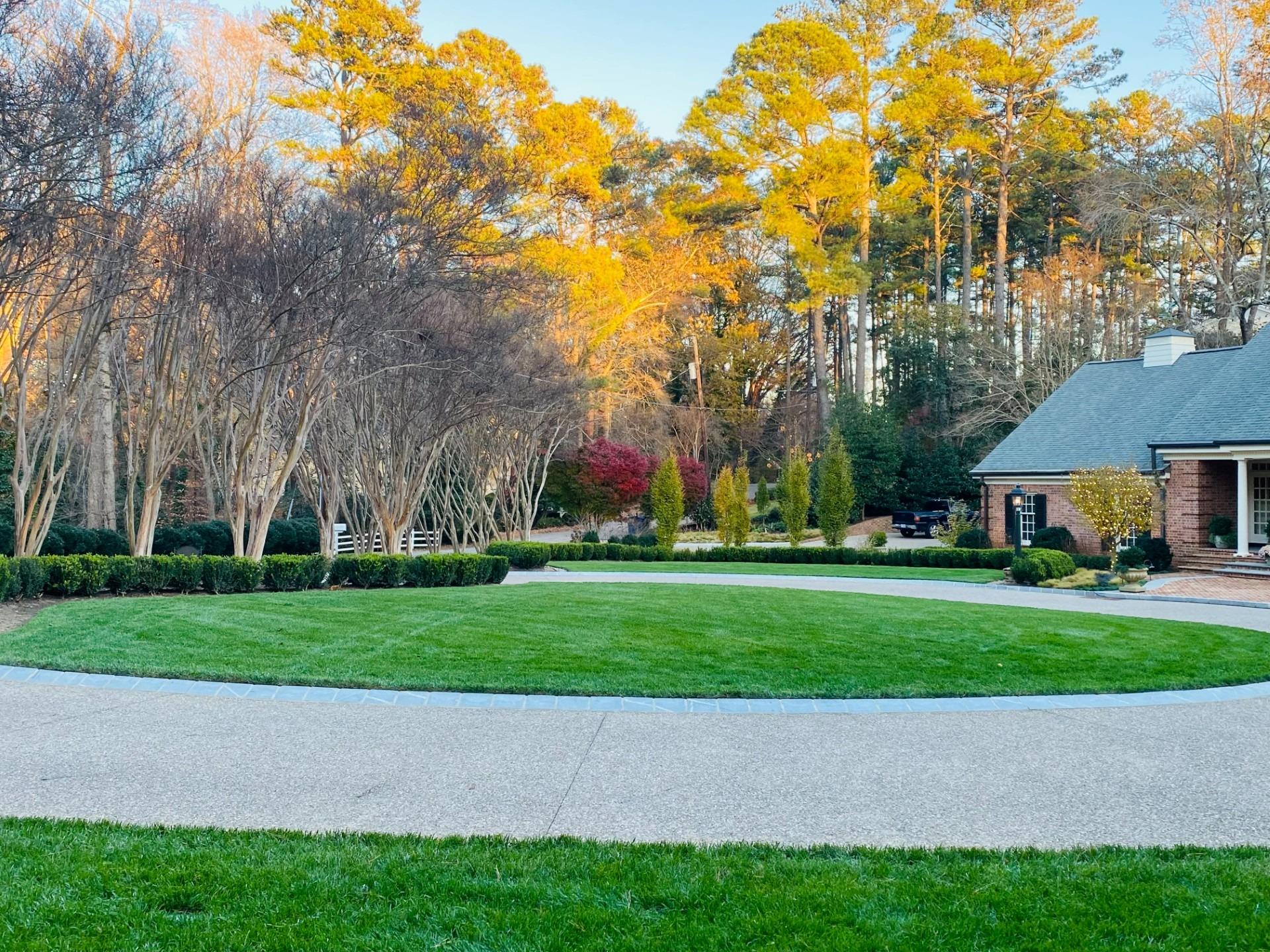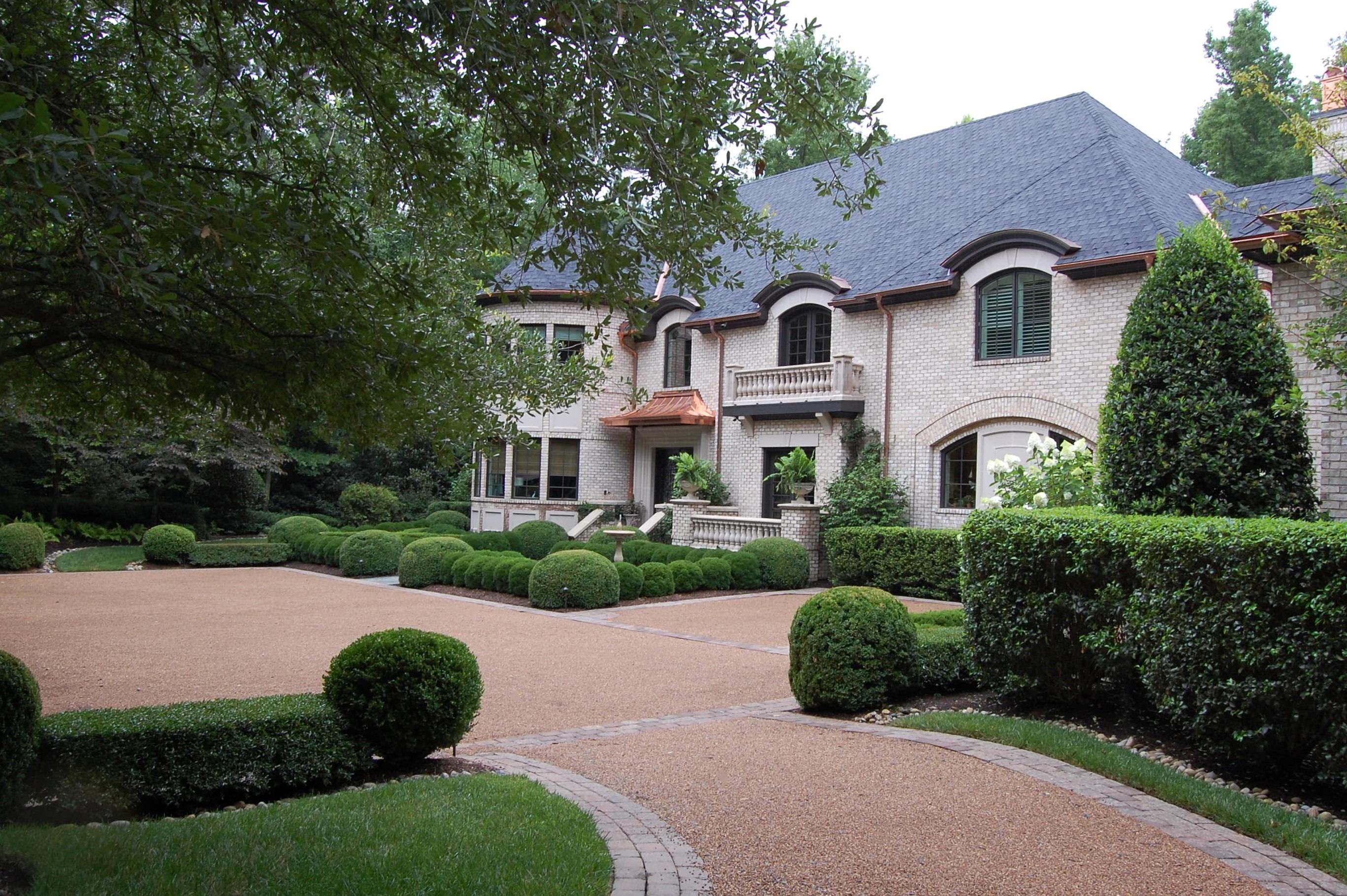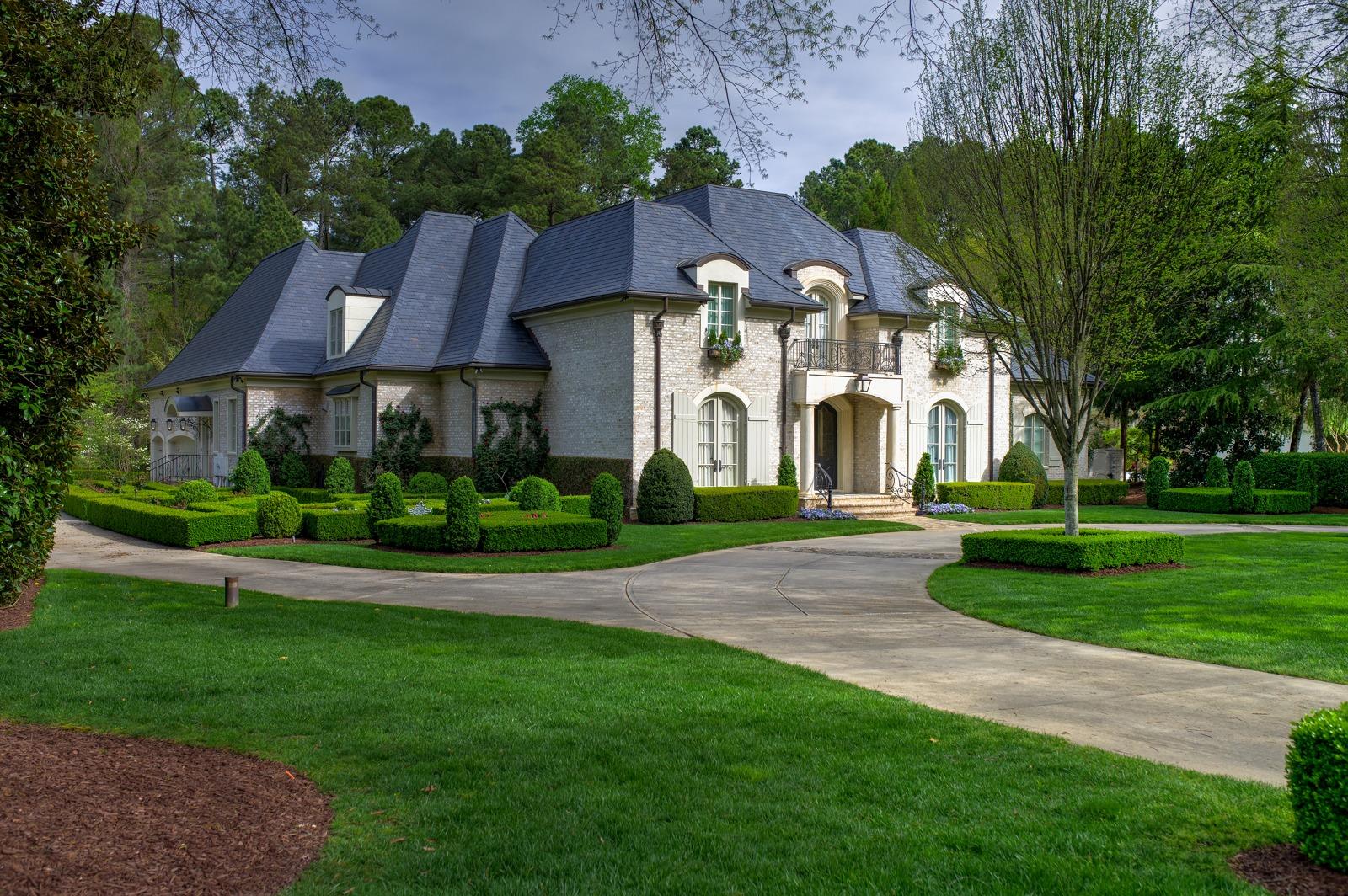Choosing the right driveway for your home is crucial for both aesthetic appeal and functionality. Each type of driveway material offers unique benefits and drawbacks. Here, we'll explore three popular options: exposed aggregate, decorative gravel, and concrete, and discuss their pros and cons.

Exposed Aggregate Driveways
Pros:
Exposed aggregate driveways are highly attractive, offering a textured surface that can be customized with various colors and stones. The finish is slip-resistant, making it a safer option for wet climates. This type of driveway is also durable and requires minimal maintenance, as the aggregate surface withstands heavy traffic and adverse weather conditions well.
Cons:
The installation process for exposed aggregate can be more complex and time-consuming compared to other types of driveways. It also tends to be more expensive due to the specialized materials and labor involved. While generally low maintenance, occasional resealing is necessary to maintain its appearance and prevent damage.

Decorative Gravel Driveways
Pros:
Decorative gravel driveways are an affordable and easy-to-install option. They provide excellent drainage, reducing the risk of flooding and water damage. The variety of gravel types and colors available allows homeowners to customize the appearance to match their property. Additionally, gravel driveways have a rustic charm that can enhance the look of certain landscapes.
Cons:
Gravel driveways require regular maintenance, including replenishing the gravel and managing weeds. They can be difficult to keep clean, as gravel tends to scatter and can be problematic for snow removal. Gravel driveways are also less stable under heavy vehicles, which can lead to ruts and uneven surfaces over time.

Concrete Driveways
Pros:
Concrete driveways are known for their durability and longevity, often lasting decades with proper maintenance. They provide a smooth and stable surface, making them ideal for all types of vehicles. Concrete can be stamped, colored, or stained to create various designs and patterns, offering versatility in aesthetic options.
Cons:
The primary downside of concrete driveways is their cost, as they are more expensive to install than gravel. They are also prone to cracking due to temperature fluctuations and settling. Repairs can be costly and may not always blend seamlessly with the existing concrete. Additionally, concrete driveways require periodic sealing to protect against stains and weather damage.
Conclusion
When choosing a driveway material, consider your budget, maintenance preferences, and aesthetic desires. Exposed aggregate offers a beautiful, durable option but comes at a higher cost. Decorative gravel is budget-friendly and customizable but requires more upkeep. Concrete provides longevity and versatility but demands a larger initial investment and ongoing maintenance. By weighing these factors, you can select the best driveway material to enhance your home’s curb appeal and functionality.